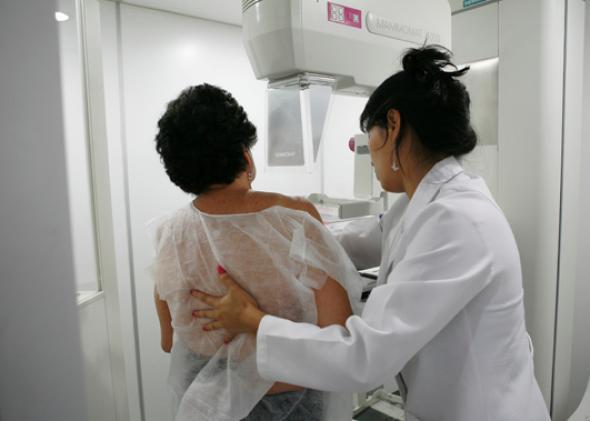This question originally appeared on Quora.
Answer by David Chan, MD from UCLA, Stanford Oncology Fellowship:
If this question is based on the press release and news stories from the Cleveland Clinic, we should be very unexcited about the vaccine today.
This is a vaccine tested only in mice, and the researcher is involved in starting a biotech company to explore possible human trials. As the article states:
Vincent Tuohy, an immunologist at the Cleveland Clinic, has a vaccine. But even now, three years later, there remains a big catch: It’s so far been tested only on mice, and it isn’t likely to be available to women for another 10 years. And that’s only if it passes a rigorous Food and Drug Administration approval process.
There is promise, though. In September, an investor ponied up an undisclosed sum to cover the cost of an FDA Phase 1 clinical trial to test the drug on humans. The Cleveland Clinic also formed a company called Shield Biotech, a key step to commercializing the drug.
The vaccine has proved to be both safe and effective in preventing breast cancer in mice, including mice bred to have a genetic predisposition for breast cancer. The research was originally published in Nature Medicine in May 2010.
The vaccine activates the immune system against proteins, including the prototypic protein alpha-lactalbumin, expressed only in breast tumors. This leads to the destruction of the tumor before it has a chance to grow and take root, Tuohy told Yahoo News.
So how long will it take to prove that this vaccine can prevent breast cancer? Well … first it will have to go through Phase 1 safety trials to rule out significant toxicities. It will probably take them two years or more to go through the regulatory steps needed treat their first patient because they will probably have to go through other animal and even chimpanzee testing first.
Then, it will take them several years to perform and analyze toxicity data. The regulatory steps will be very onerous because this vaccine is to prevent breast cancer, not to treat advanced breast cancer. That means that they will be testing otherwise healthy human subjects. Virtually any significant side effect will close the study down.
Assuming phase 1 trial safety data is good, they will then need to test Phase 2 trials. Presumably they will test a group of high-risk patients and follow them over a number of years to see if their breast cancer risk will be lowered. Presumably they will use patients who carry the high risk breast cancer gene (BRCA, the same gene mutation Angelina Jolie has). It’s estimated that breast cancer risk for carriers of deleterious BRCA mutations is about 4 percnet per year if preventative mastectomies are not performed and there is no other intervention. It will take years to show statistically significant results because most patients are not going to opt out of preventative mastectomies when they carry the BRCA gene to try something that may have no benefit. It will be hard to find patients to enroll.
The FDA then will probably require a Phase 3 randomized study to document effectiveness. This will take another bunch of years to perform and analyze.
If you see where I’m going with this, it’s very hard to be excited about a potential vaccine that probably will take longer than a decade, and possibly two decades, to bring to market. So time will tell whether it’s “for real.”
This vaccine report is certainly nothing to be excited about at its current state of underdevelopment. With that kind of a time horizon, it’s also not a particularly good biotech investment. But as someone who specializes in breast cancer, it would be great to be proven wrong.
More questions on breast cancer:
